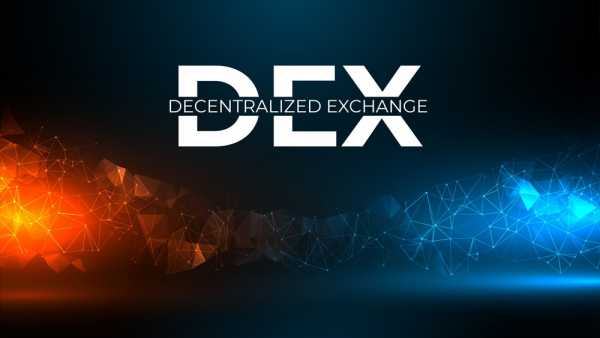
Key Insights
- KyberSwap DEX has now launched on the Arbitrum network, a Layer-2 scaling solution.
- The move enables faster transaction finality and low transaction fees without sacrificing security.
- The integration aims to cater to the retail investors that face issues with ETH’s ‘expensive gas fees.’
Kyber Network’s decentralized exchange (DEX) aggregator KyberSwap has recently launched an integration with the layer-two (L-2) Ethereum scaling solution – Arbitrum network. The move aims to help users evade Ethereum’s high gas fees and network congestion.
Widening Adoption
In efforts to widen adoption, the KyberSwap multi-chain DEX aggregator and liquidity protocol had already been deployed across six networks – Ethereum, Polygon, BSC, Avalanche, Fantom, and Cronos. The most recent integration with Arbitrum falls in line with the network’s ongoing strategy to widen adoption, as highlighted in a press release by the firm.
The network further says in the release that the Arbitrum network would allow ‘near-instant transaction finality and low transaction fees’ while enhancing security. As claimed by the network, KyberSwap users would now have access to another convenient option to trade tokens at faster speeds and with lower costs.
Victor Tran, CEO, and Co-Founder, Kyber Network, said:
“With decentralization comes challenges of scaling, and solving for congestion, gas fees and slippage bring us closer to a truly seamless decentralized economy. This partnership between KyberSwap and Arbitrum is a big step forward towards creating the most user-friendly experience for users, as well as robust and highly extensible trading API for partners.”
Kyber Network is a multi-chain crypto trading and liquidity hub that connects liquidity from different sources to enable trades at the best rates.
Challenges With Ethereum
With KyberSwap’s recent integration, the network aims to cater to retail investors that face issues with ETH’s ‘expensive gas fees’ and network congestion. A statement by the firm highlighted that network congestion on ETH leaves many ‘users put off’ and creates a need to ‘solve it through Layer-2 scaling and other efforts.’
Notably, the average cost of a transaction on Ethereum is currently relatively low at 28 gwei around $1.5, according to data from Etherscan. However, in the past, the gas fee has spiked to as high as $100 during periods of congestion.
That said, gas fees on Arbitrum range from $0.50 to $0.69 according to L2 data aggregator L2 Fees. Interestingly, Arbitrum’s performance in March has been up to the mark as the network saw increased on-chain activity.
In the last 7 days, all but Arbitrum’s (+12.7%) on-chain activities have slowed down:#BNB Chain 4.03M#Ethereum 1.99M#Ronin 1.09M#Polygon 854k#Avalanche 269k#Fantom 204k#Arbitrum 46.2k#Celo 29.4k#Optimism 9.52k
Check out their public dashboard links in the
pic.twitter.com/BlxkNG35rh
— NansΞn
(@nansen_ai) February 28, 2022
Data from Nansen’s Twitter account showed that activity on most layer-2 protocols slowed down; However, Arbitrum saw a 12.7% rise in on-chain activities.
That said, in terms of total value locked, Arbitrum is still taking the top spot with just over $3 billion, giving it a market share of 54.9%.
This news is republished from another source. You can check the original article here



